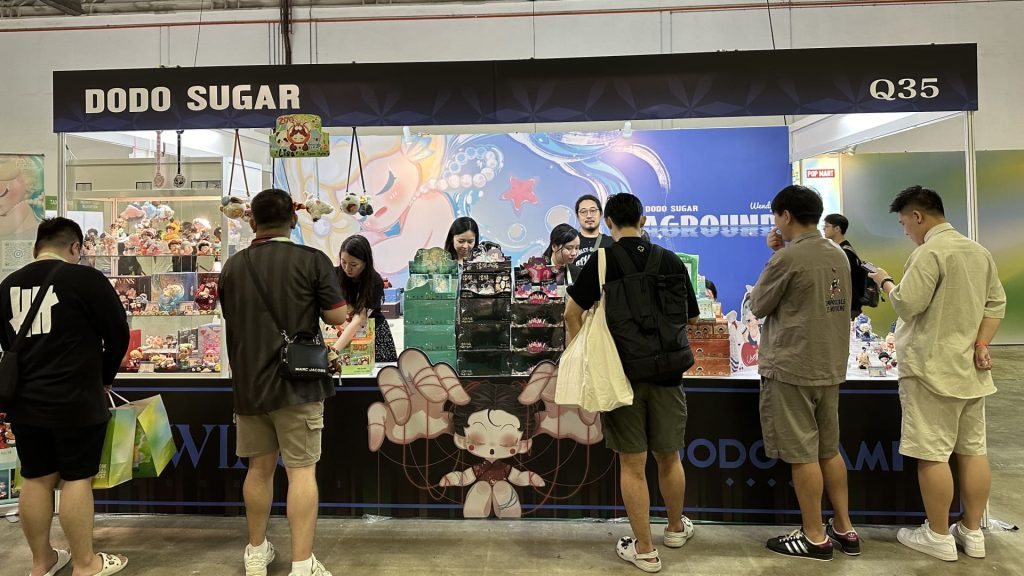Chinese consumer brands are looking to expand globally, with Singapore serving as a cultural testbed for their products. Companies such as Chagee and Pop Mart are utilizing Singapore’s unique blend of Asian and Western cultures to reach Southeast Asia and beyond. For Chinese companies with global ambitions, Singapore provides a middle ground to reach international audiences.
Pop Mart, a Beijing-based collectible toy retailer, is considering establishing an international headquarters in Singapore to oversee its operations in Southeast Asia. With sales growing significantly in overseas markets, companies like Pop Mart are leveraging Singapore as a testbed to quickly assess market potential and adjust strategies accordingly.
Chinese brands are no longer trying to hide their “China identity” but are embracing their cultural roots to stand out in overseas markets. For example, Chagee incorporates traditional Chinese opera themes in its products, combining this cultural heritage with modern design elements to appeal to a global audience. This approach has been successful for companies like Chagee and Hidden Wooo, attracting interest from consumers in Singapore and beyond.
However, Chinese companies still face challenges in conveying the cultural significance of their products to international audiences. For instance, companies like Dodo Sugar find it challenging to explain the concepts behind their designs rooted in Chinese culture to a global market. Despite these obstacles, Chinese brands are exploring partnerships and promotional events like the Pop Toy Show in Singapore to expand their presence in Southeast Asia.
Chinese brands are also navigating aesthetic and operational challenges when entering the Singapore market. While the Chinese market may favor “cute” styles, Singapore consumers are more receptive to cool and alternative designs. Additionally, Chinese companies need to adapt their business strategies and operational practices for the Singapore market, including utilizing platforms like YouTube, Facebook, and TikTok Shop to engage with international consumers.
As China’s economic growth slows, Chinese consumer companies are increasingly looking to expand globally to seek new opportunities and drive profits in overseas markets. Singapore, with its cultural diversity and strategic location, has become a key destination for Chinese brands seeking to establish a foothold in Southeast Asia and beyond. Companies such as JD.com are also enhancing their shipping and delivery options to Singapore, underscoring the importance of the city-state as a hub for Chinese companies expanding globally.















